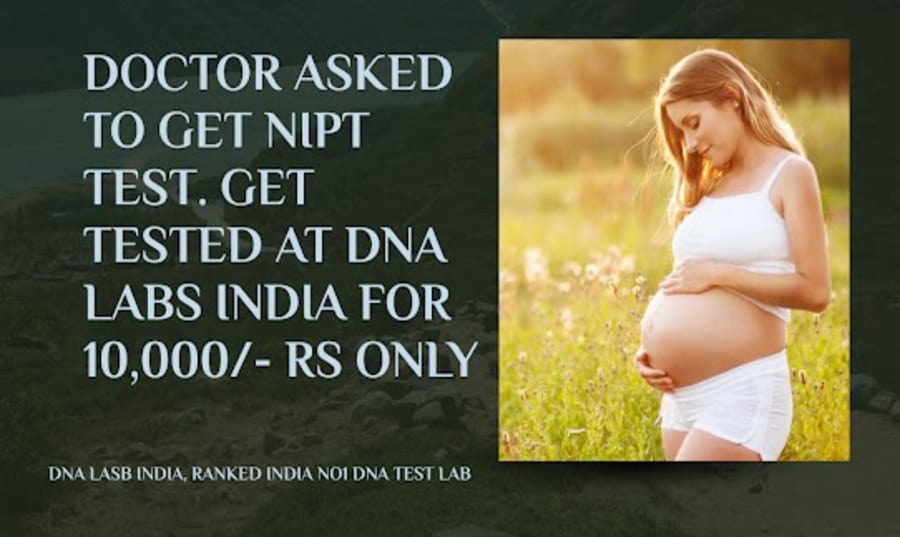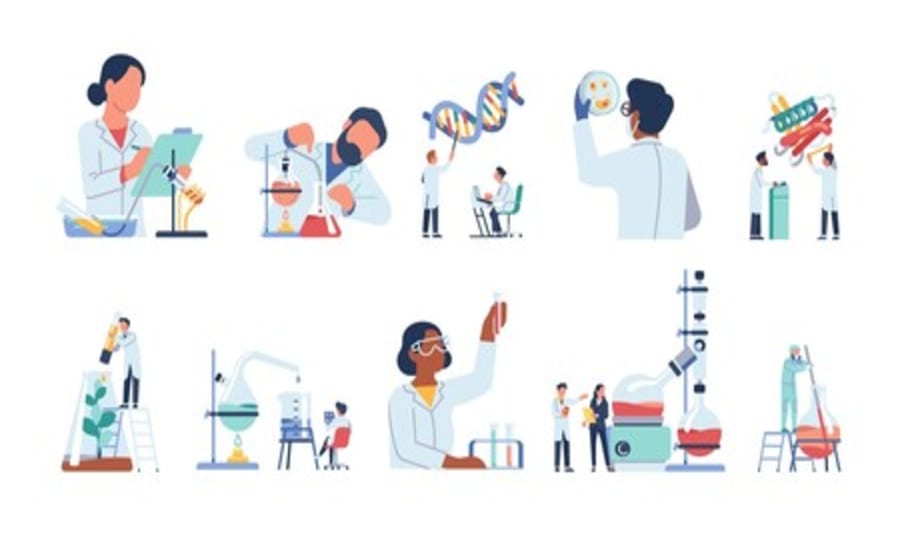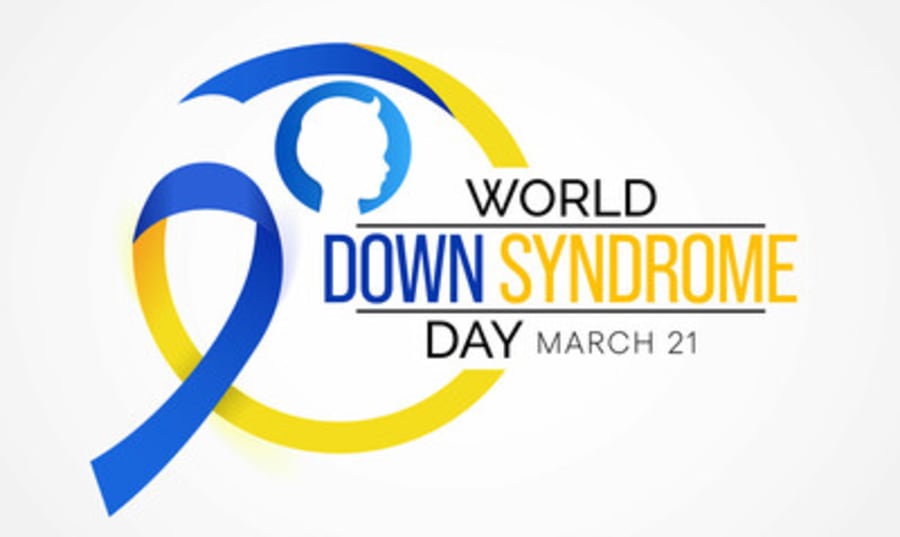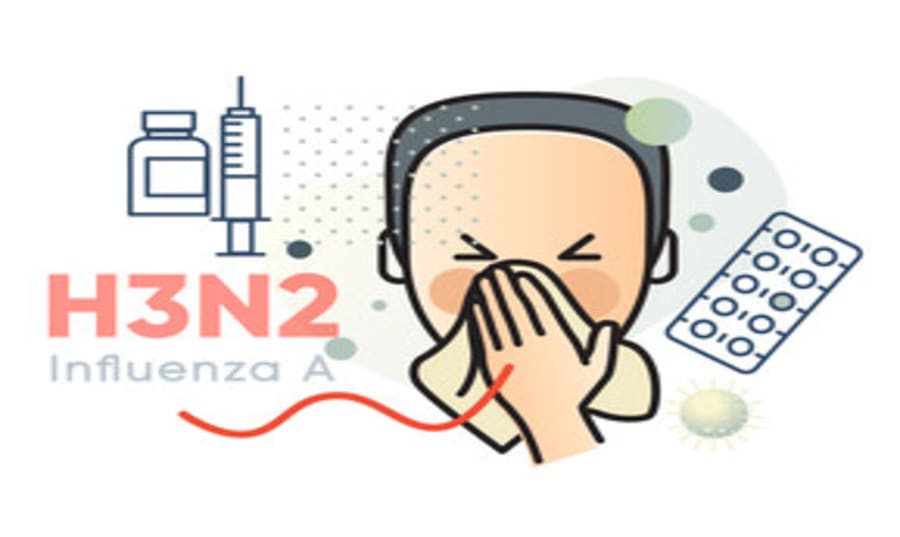NIPT Testing Cost
- 2 years ago
- 0 Comments
Noninvasive Prenatal Testing:
Noninvasive prenatal testing (NIPT), sometimes called noninvasive prenatal screening (NIPS), is a method of determining the risk that the fetus will be born with certain genetic abnormalities.
NIPT is most often used to look for chromosomal disorders that are caused by the presence of an extra or missing copy (aneuploidy) of a chromosome. NIPT primarily looks for Down syndrome (trisomy 21, caused by an extra chromosome 21), trisomy 18 (caused by an extra chromosome 18), trisomy 13 (caused by an extra chromosome 13), and extra or missing copies of the X chromosome and Y chromosome (the sex chromosomes). The accuracy of the test varies by disorder.
NIPT Test Means
NIPT is considered noninvasive because it requires drawing blood only from the pregnant woman and does not pose any risk to the fetus. NIPT is a screening test, which means that it will not give a definitive answer about whether or not a fetus has a genetic condition. The test can only estimate whether the risk of having certain conditions is increased or decreased.
In some cases, NIPT results indicate an increased risk for a genetic abnormality when the fetus is actually unaffected (false positive), or the results indicate a decreased risk for a genetic abnormality when the fetus is actually affected (false negative). Because NIPT analyzes both fetal and maternal cfDNA, the test may detect a genetic condition in the mother.
NIPT Full Form
NIPT Stands for Non-invasive Prenatal Testing. NIPT is a prenatal screening that looks at DNA from your baby's placenta in a sample of your blood to identify whether you're at increased risk of giving birth to a child with a genetic disorder.
Trisomy 18
Trisomy 18, also called Edwards syndrome, is a chromosomal condition associated with abnormalities in many body parts. Individuals with trisomy 18 often have slow growth before birth (intrauterine growth retardation) and low birth weight. Affected individuals may have heart defects and abnormalities of other organs that develop before birth. Other features of trisomy 18 include a small, abnormally shaped head; a small jaw and mouth; and clenched fists.
NIPT Test Full Form
NIPT Stands for Non-invasive Prenatal Testing. NIPT is a prenatal screening that looks at DNA from your baby's placenta in a sample of your blood to identify whether you're at increased risk of giving birth to a child with a genetic disorder.
Double Marker Test Price
The test cost depends on multiple factors such as city, hospital, quality, and availability. The double marker test can cost between 2,500 to 3,500 INR.
Nuchal Translucency
A nuchal translucency scan looks at the space at the back of your baby's neck called the nuchal fold. All babies have fluid behind their necks. Healthcare providers have found that more fluid tends to build up at the base of a baby's neck when they have chromosomal or genetic conditions.
More fluid in this area could indicate your baby has a condition like Down syndrome (trisomy 21), Patau syndrome (trisomy 13) or Edwards syndrome (trisomy 18). A higher NT measurement may also indicate an increased risk for congenital heart conditions. The results of the NT scan can determine if your baby is likely or unlikely to have these conditions.
Amniocentesis Test Cost
The Amniocentesis test cost can range anywhere from ₹7000 to ₹18,000. However, the exact cost of the amniocentesis procedure depends on the reason behind performing this procedure.
Quadruple Test
The quadruple test (known too as the quadruple screen test or quadruple blood test) is a screening test done in the second trimester of pregnancy between 14 and 20 weeks. The purpose of this screening test is to check your chances of having a baby born with Down's syndrome. This is unlike the combined screening test which also checks your chances of having a baby born with two other genetic conditions called Edward's and Patau's syndrome as well as Down's syndrome.
NIPT Test Report
The accuracy of the test varies by the condition that it's checked for. Other factors like being pregnant with multiples, being a surrogate or having obesity — can affect NIPT results. NIPT is about 99% accurate in detecting Down syndrome. The test is slightly less accurate for detecting trisomy 18 and 13. Overall, NIPT tests produce fewer false positives than other prenatal screenings like the quad screen.






Leave Comment